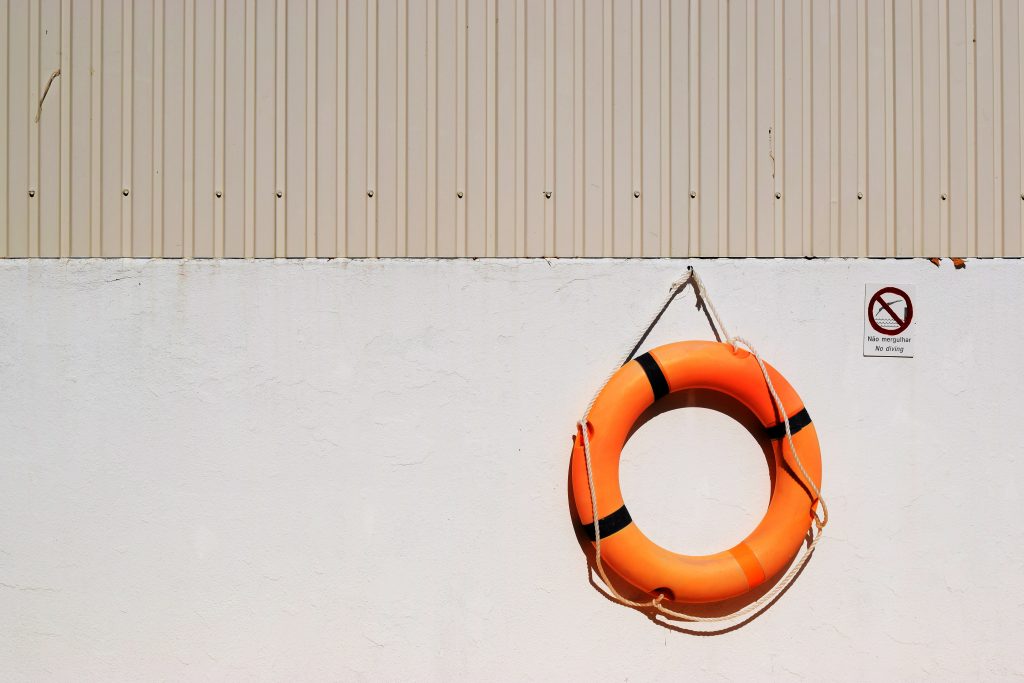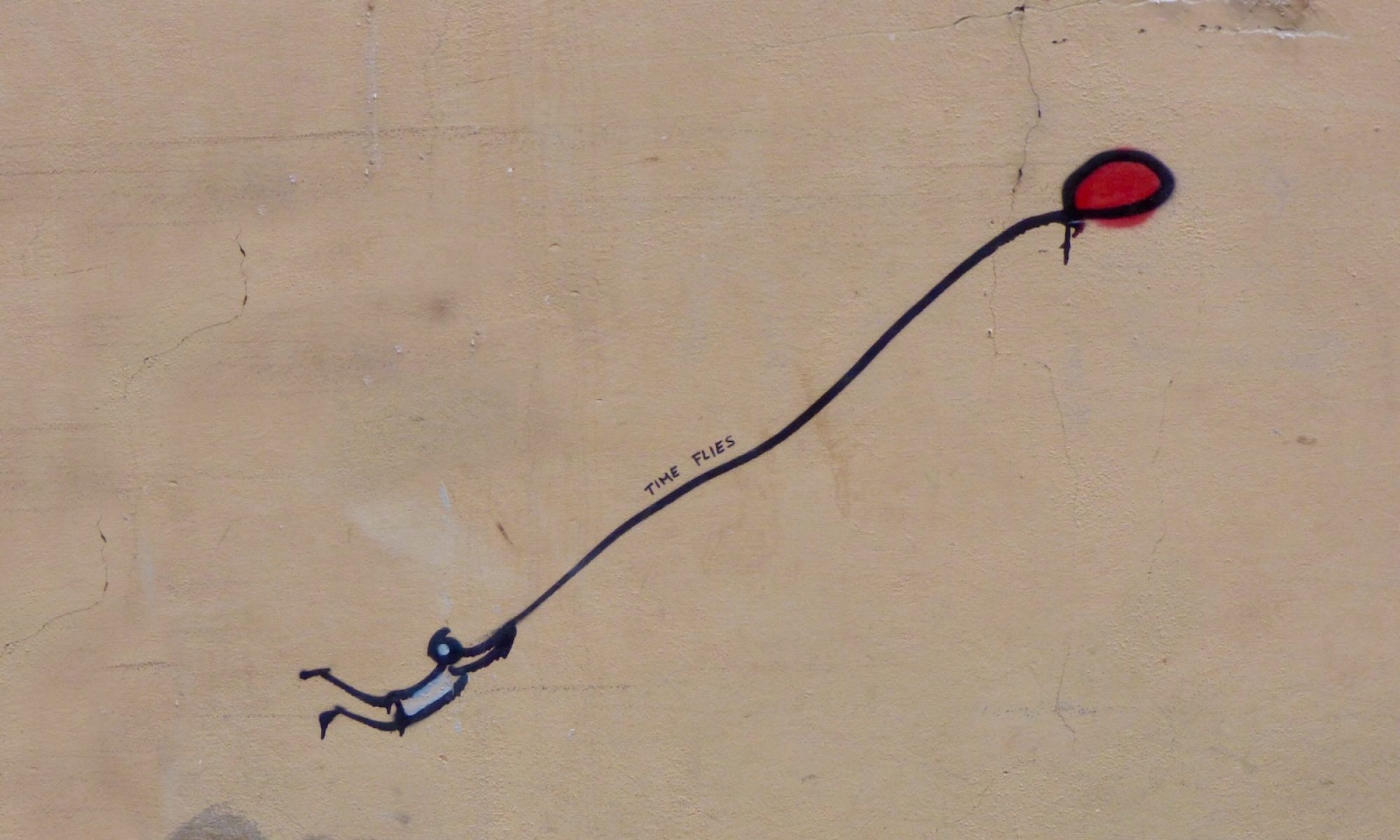
If you’re a mother who’s reading this because you just lost a child to suicide and need support, my email address is at the bottom of this page. Feel free to contact me anytime.
I don’t presume to think that I have all the answers for mothers dealing with the loss of a child to suicide. I remember sitting at my computer in the days after Christopher died, typing random strings of words into Google while hoping to find advice from someone who’d been through this before me.
These are suggestions that worked for me but won’t apply to everyone. Use them as a starting point or don’t use them at all, whatever works for you. So here we go, in no particular order.
Find a Helper
You’re in shock, so make as few decisions as possible in the coming days. Unfortunately, some decisions can’t be avoided and will require immediate input, so having someone with you who’s slightly removed from the situation can be a big help. Now is a good time to ask a close friend, someone from your church, or another person you trust to act as a sounding board, gut check, and also keep track of the things you agree to with the funeral home and so on.
You’d be surprised at how quickly your brain leaves your body during a crisis like this. In the throes of sudden grief, you may think it’s a great idea to charter a plane to fly in family from across the country or forget that you’ve already contacted a funeral home. A companion who’s not acutely grieving can gently guide you away from making irrevocable decisions and keep a list of things you need to do or have already taken care of. I promise you, your brain will be like Swiss cheese and there will be times you won’t remember your own name.
If you and your child’s father aren’t together anymore, no matter how amicable you are toward each other, also ask this person to advocate for you during funeral arrangements. Since I was in a different state than where Christopher’s funeral was being held, I wasn’t part of the arrangements. As such, I was not included in any of the photo collages or videos his father’s side of the family assembled, consulted on funeral details, or represented as his mother beyond standing in the receiving line. A companion can make sure you’re kept in the loop with any planning or decisions that are happening.
Rally the Troops
Very strongly consider contacting your doctor to request anti-depressant and anti-anxiety medication, or to adjust doses of what you’re already taking. They can take a while, sometimes weeks, to kick in and you’ll want to cushion the fall that’s coming your way after the funeral is over and everyone has gone back to their lives. You can always stop taking meds later if you find you don’t need or want them but, please, take this proactive step to take care of future you.
You may also want to find a grief counselor to talk to. You’re going to grapple with a lot of thoughts and feels in the coming days, weeks, and months so unload it onto a trained professional who can make suggestions on how to cope. I suppose any psychologist, psychiatrist, or social worker will do but seeing someone with formal training in grief counseling was, I believe, the reason I made it through this first year in an upright and seated position.
Feel How You Feel
Give yourself permission to feel how you feel and practice self-care. In the coming weeks you’re going to be devastated, scared, furious, despondent, morose, snappish, zombie-like, weepy, disbelieving, and a host of other emotions you didn’t even know you had in you. You’ll probably apologize a lot to everyone around you all the time for however you’re feeling or acting in a given moment. If they don’t tell you it’s okay to feel whatever way you feel, then I’m telling you. It’s okay.
Along those lines, you are not required to tell anyone anything unless you want to. You will be asked some mightily stupid questions in the days following your child’s suicide and you don’t have to answer a single one. Random people may ask how they died, if you had any idea they were in crisis, if they left a note, and even ask some really thoughtless things you won’t believe people could question a grieving mother about.
You don’t owe anyone any explanation whatsoever about your child or the circumstances around their death. As women, we are socialized to be polite and sweet and respond to everyone. I’m telling you here and now, fuck that. Some people may honestly not realize how insensitive they are, others are so nosy that they just don’t care. Either way, you don’t have to respond to any questions that you don’t want to answer. You have the permission of every grieving mother who came before you to just ignore them, change the subject, or say you’d rather not answer.
Have an Escape Route
At the funeral, at gatherings afterward, and at every get together you host or go to until… well, maybe forever, have an escape plan. You may never need or want to unexpectedly get away from it all for a bit but it’s good to have the option.
Find a sanctuary in your home where you can retreat when everyone and everything is too overwhelming. Ask the funeral director ahead of time where you can hide if you get overwhelmed (trust me, they’ve heard it before and want to help). If you’re at someone’s house or in a public place, pre-prepare a little white lie (or be honest) so you can escape to your car to just breathe and be alone.
Brace Yourself
Prepare yourself for sensory overload. Lights may be too bright, people may talk too loud, ordinary sounds may be too much for you. Hell, people may be too much for you. To this day, I carry earplugs everywhere I go because I’m still overly sensitive to loud noise and my startle reflex remains in overdrive.
Accept that people will disappoint you. Sometimes it will be the people you least expect. Following Christopher’s death, a group of people I interacted for years with over a shared interest showed a breathtaking and repeated lack of empathy for my immediate family that dumbfounds me to this day. If something similar happens to you, try not to dwell on it. Conserve and spend your energy on remembering your wonderful child and on managing your grief over your loss.
Accept that your relationships will change. Some temporarily, some permanently. Some will fade away, some will strengthen, and some will heal. It’s part of the process. It’s true that you really learn who you can count on during a crisis.
Accept that you will change. As every grief professional I’ve ever talked to or read says, you will never get over your loss. You will only learn to live in your new world. Not all the changes will be bad, though, given the right lens to view them through.
For instance, I have always had a deathly, panic-inducing fear of flying that all but disappeared after Christopher died. Now when I fly, I figure if the plane doesn’t crash, then yay. If it does, then I will no longer be in the constant pain that squeezes my soul every waking minute. I’m sure the basket of anti-anxiety and anti-depressants I take have something to do with it as well.
Of course, not all personal changes are welcome. My tolerance of small talk is astonishingly thin and when parting company with people I care about I’m overly terrified that I’ll never see them again.
Do Only What You Can
I’ll leave you with this final piece of advice. Don’t force yourself to do more than you’re able. Some activities can’t be avoided, like work or caring for other children in the family. But don’t try to resume canasta night, learn German, or whatever other things you did in your free time before your child died.
Grief is more exhausting than you ever thought possible. Some days merely getting up is a feat in itself, leaving you precious little energy to do more than the absolute minimum the rest of the day. Be good to yourself.
You’re Not Alone
I’ve learned a lot over the past (almost) year since Christopher took his life. I’ve learned about me, about others, and about how to navigate the worst experience of my life. My journey will be different from yours and my suggestions may not work for you. That’s cool. I’m merely trying to offer some support and guidance from someone who’s been where you are.
Whether you’re a mom who’s lost a child recently or ages ago, my heart is with you. We will never know the joy we had before our children left us, but I hope you find a small measure of peace. You may feel alone, but you are not alone. There is a network of mothers just like you ready to support you for as long as you need and listen as you share memories of the child who left you too soon. Come find us when you’re ready.
